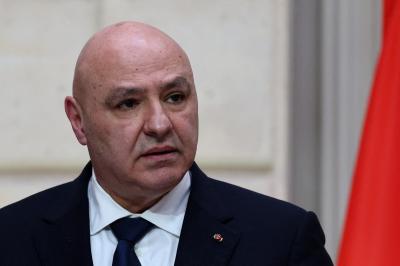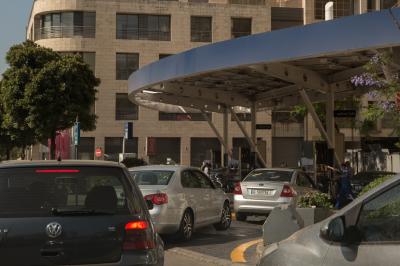In a world dominated by technological progress and innovation, the United States stands out as a superpower whose supremacy extends beyond military and economic strength to include a subtle yet highly effective strategy: a special entry visa that attracts global talents and brilliant minds by offering them the promise of the “American Dream.”
This visa, known as H1B, was introduced by Congress in 1990 during the presidency of George H. W. Bush. It allows American employers to recruit 65,000 individuals each year holding a bachelor’s degree in scientific fields, along with 25,000 individuals with advanced degrees in medicine, engineering, and technology. The visa grants its holder the right to work in the United States and opens the path to obtaining citizenship after eight years.
However, the law has undergone several amendments, the most recent of which took place under President Donald Trump this year. The tightening of the rules aims to prevent abuse in the visa allocation process and to block entry to those deemed unqualified.
Minds Shaping the Future
The H1B visa opens wide the doors to talents and experts in STEM fields (Science, Technology, Engineering, and Mathematics), who directly contribute to innovation and the development of advanced American technological industries.
Many of these “brilliant migrants” find a professional haven in major tech companies like Google and Apple, where they play a pivotal role in developing new technologies that reinforce the United States’ position as a global leader.
Multiple Benefits for Beneficiaries
H1B visa holders gain access to valuable job opportunities in leading global companies, along with prospects for career advancement, continuous training, and financial stability through high salaries and comprehensive benefits such as health insurance and retirement plans. This visa thus acts as a powerful magnet, attracting top global talents and enabling them to build prosperous professional and personal futures.
Economic and Cultural Impact
The impact of the H1B program extends far beyond the tech sector. It boosts productivity, encourages innovation, and creates new jobs, thereby contributing significantly to the growth of the U.S. economy. Moreover, these migrants enrich the American cultural fabric, strengthening the country’s soft power on the global stage.
Challenges and the Future
Despite its benefits, the future of the program is not guaranteed due to the immigration policy adopted by President Trump. Critics fear that stricter visa conditions may discourage applicants. On the other hand, supporters of the restrictions argue that the new measures mainly target illegal migrants and do not obstruct the path for skilled talents—whom the U.S. greatly needs.
U.S. officials acknowledge that this program has significantly supported the country’s scientific and economic superiority. One out of every two startups is estimated to have an H1B visa holder in a leadership position. One of the program’s biggest beneficiaries is Elon Musk, who employs hundreds of such migrants.
Recent data shows that major American tech companies sponsored 22,000 migrants for H1B visas in 2022 to hire them.
Notable examples include Sundar Pichai, CEO of Alphabet (Google’s parent company), and Satya Nadella, CEO of Microsoft—both originally from India.
 French
French













